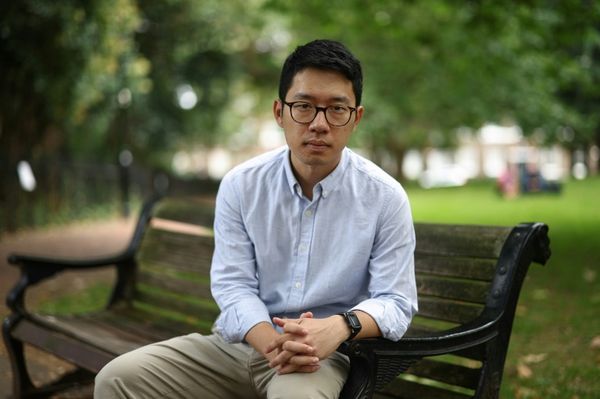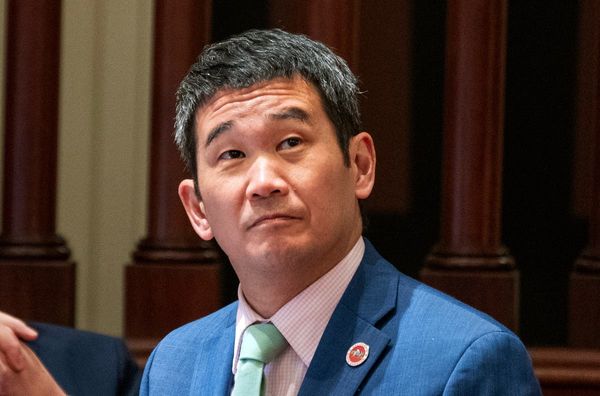Nearly half of paying adult social care users in Liverpool are behind on fees amid the rising cost of living.
The data was revealed by a Freedom of Information request sent by openDemocracy as part of an investigation into adult social care debt. The investigation found that, across England, 87,421 adult social care users are known to have missed at least one payment, with 60,248 being issued a reminder or a warning notice.
But the media platform warned this number is likely to be higher given 73 councils with responsibility for adult social care did not respond at all - or in full - to the request. In Liverpool, adult social care users are expected to pay the full cost of their residential or non-residential care if they have more than £23,250 in savings and assets, including their home.
READ MORE: Council send message to Liverpool homes still waiting for £150 tax rebate
The Liverpool Council website said its debt recovery policy kicks in after non-payment of charges for four weeks, possibly resulting in court action. But the council said it offers financial assistance to people unable to pay due to a change in circumstances, with a council spokesperson telling the ECHO: "Use of debt recovery agencies and court proceedings would be an absolute last resort."
Councils can't impose charges that push a person's income below the national minimum income guarantee, which rose by 3% in April after being frozen since 2016. Liverpool Council's debt recovery policy said "failure to pay cannot be grounds for cancelling care", and debt is able to be written off if certain criteria is met.
These include when a customer dies and the debt can't be recovered from their estate, it the "the debt is below a pre-determined amount and is considered uneconomic to pursue", or when pursuing the debt is deemed likely to cause the care recipient "undue and unreasonable financial or personal hardship".
But the fear of debt may be enough to put people off, according to openDemocracy. Claire Glasman, a founder member of WinVisible, a community group of women with visible and invisible disabilities, told openDemocracy care charges are a form of "violence against women". She said: "Those of us with high needs get the highest charges, including women of colour already hit by health inequality. Women who drop out [of care] live in squalor or are forced to rely on acquaintances or men who often become abusive, shortening our lives."
Another campaigner, Helen Rowlands, co-founder of Cheshire Disabled People Against Cuts, said: "There is a link between mental ill-health, mental health impairments, and debt. We know from the conversations we have with advocacy workers within disabled people's organisations across England… that those problems are intensifying. And we also know that social care charging is a key factor within that."
A spokesperson for Liverpool Council said: "We know that some people who use our social care services have faced financial challenges through the pandemic so we take a sensitive approach to recovering outstanding payments."







